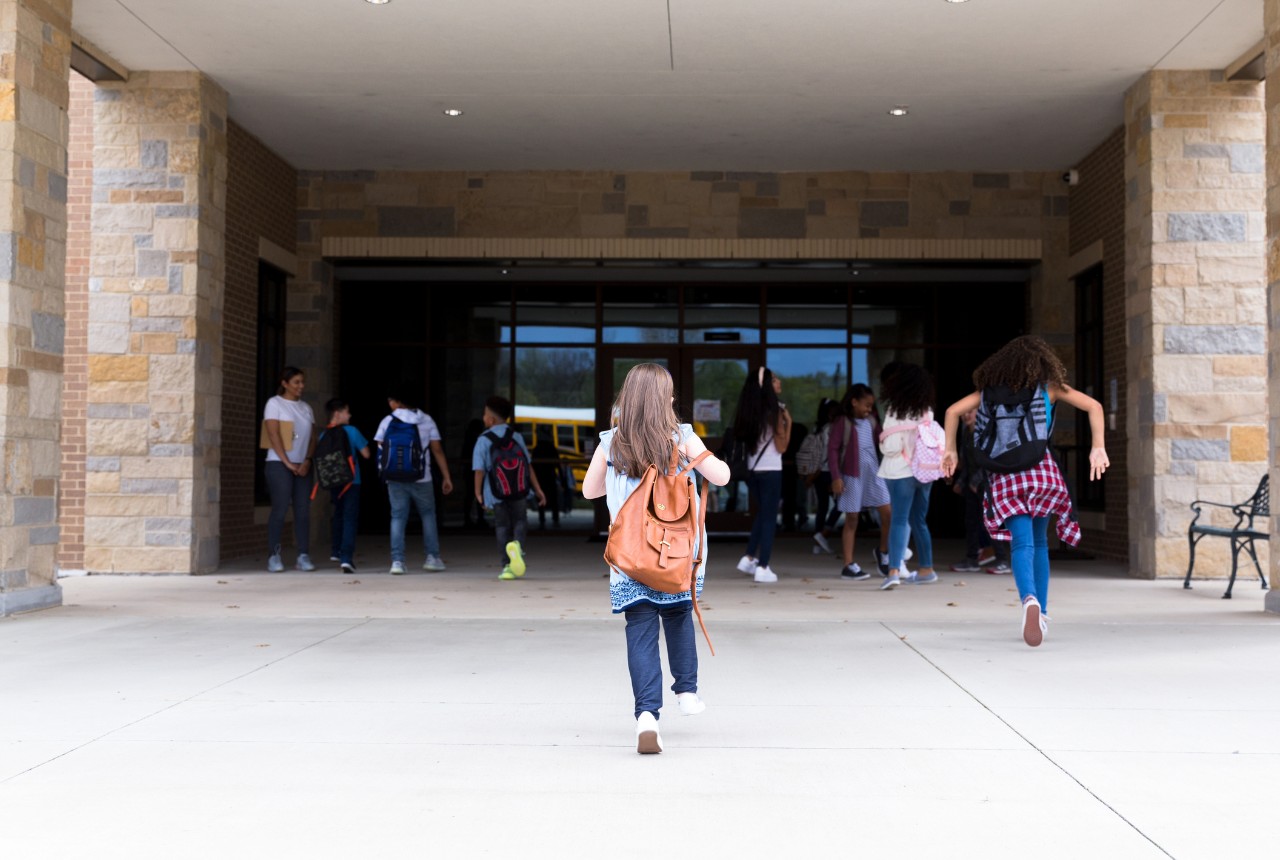In order to better serve both our members and providers, Optum Idaho continues to invest in developing and improving the educational opportunities available. This library contains many of those resources.
Optum will continue to assess, develop, and implement educational opportunities that support the contractual requirements and will look to proactively expand the continuum of behavioral health care services for our members. We are dedicated to building a collaborative partnership with our providers and offering access to the best and most cutting-edge educational content.


Resources For Those Supporting Youth
Optum Idaho has partnered with the REACH Institute to develop a series of training modules designed to assist with children who display disruptive behavioral disorder (DBD) symptoms. These modules provide strategies and guidance to address a continuum of concerns for clinicians and mental health paraprofessionals as they work collaboratively with educators, and parents. Optum credentialled clinicians and paraprofessionals may access these modules through the Relias learning platform.
Optum Idaho has developed a resource list of evidence-based practices (EBPs) to promote the use of scientifically established behavioral health interventions. Training and education in these EBPs will increase the expertise needed to provide effective interventions to members receiving services. Optum Idaho is not mandating use of specific evidence-based practices, but providing a clearinghouse of resources for providers to access based on their specific need and clinical judgement.
These lists identify General EBPs that can be utilized for a variety of treatment needs. They also identify EBPs for common diagnostic categories such as: Trauma, ADHD, Disruptive Behavior, Depression and Anxiety. These resources include free, low-cost, and higher-cost resources. Links are provided for each resource to increase ease of access. Additionally, there are a variety of delivery methods (webinars, DVDs, books, etc.) in an effort to meet the educational needs of providers. Resources include relevant modules available through our e-learning system, Relias![]() , that can increase skills and knowledge base for working with specific populations.
, that can increase skills and knowledge base for working with specific populations.
For additional information on EBPs, please visit the Substance Abuse and Mental Health Services Administration (SAMHSA) Evidence-Based Practices Resource Center.
The goal of the "TAY Guide" is to provide information and resources that can be easily used by our members, network providers, community stakeholders and other partners that work with youth and their families to support a successful transition from youth Medicaid behavioral health services to adult Medicaid behavioral health services.
Optum Idaho compiled several helpful resources for members and their families to support them during the transition from youth to adult services:
1. TAY Guide![]()
2. TAY Guide (Spanish)
3. TAY: Helpful Transition References![]()
4. TAY: Helpful Transition References (Spanish)
5. TAY: Words to Know Worksheet![]()
6. TAY: Words to Know Worksheet (Spanish)
7. TAY: Who am I? Worksheet![]()
8. TAY: Who am I? Worksheet (Spanish)
9. TAY: Ready? Set? Goals! Worksheet![]()
10. TAY: Ready? Set? Goals! Worksheet (Spanish)
The YES Practice Manual provides background information for the YES system of care, introduces and provides an overview of the YES system of care. Click here to access the most up-to-date manual from the Youth Empowerment Services website.
Intensive Home Community Based Services (IHCBS) is a Youth Empowerment Service (YES) that is available in Idaho.” Click here to learn more.


Resources For Those Supporting Adults
Optum Idaho has developed a resource list of evidence-based practices (EBPs) to promote the use of scientifically established behavioral health interventions. Training and education in these EBPs will increase the expertise needed to provide effective interventions to members receiving services. Optum Idaho is not mandating use of specific evidence-based practices, but providing a clearinghouse of resources for providers to access based on their specific need and clinical judgement.
These lists identify General EBPs that can be utilized for a variety of treatment needs. They also identify EBPs for common diagnostic categories such as: Trauma, ADHD, Disruptive Behavior, Depression and Anxiety. These resources include free, low-cost, and higher-cost resources. Links are provided for each resource to increase ease of access. Additionally, there are a variety of delivery methods (webinars, DVDs, books, etc.) in an effort to meet the educational needs of providers. Resources include relevant modules available through our e-learning system, Relias![]() , that can increase skills and knowledge base for working with specific populations.
, that can increase skills and knowledge base for working with specific populations.
For additional information on EBPs, please visit the Substance Abuse and Mental Health Services Administration (SAMHSA) Evidence-Based Practices Resource Center.


Resources For Those Supporting Schools
Research has indicated that approximately one in five students has a diagnosable behavioral health condition. In an effort to increase treatment accessibility for youth, Optum Idaho has developed a school-based model for behavioral and mental health service delivery. This model is detailed within Optum’s “A Toolkit for Behavioral and Mental Health Services in Idaho Schools.” The Toolkit helps identify the requirements to establish collaboration between educators, family members and mental health professionals in order to provide youth with better access to mental health services.
Exciting changes coming soon to Mental Health in Schools, stay tuned!
MHS brochure![]()
MHS toolkit
Therapeutic After-School and Summer Programs (TASSP) are structured programs which consist of a range of individualized therapeutic, recreational and socialization activities for youth. These individual and group therapeutic experiences assist youth in developing social, communication, behavior and basic living skills; as well as psychosocial and problem-solving skills.
TASSP are a collaboration between provider agencies, community-based organizations, professionals, and/or other entities. Click on the links below for more information about these valuable programs.
TASSP Brochure
TASSP Trainings
Yoga Therapy video
Art Therapy video
Contact Us